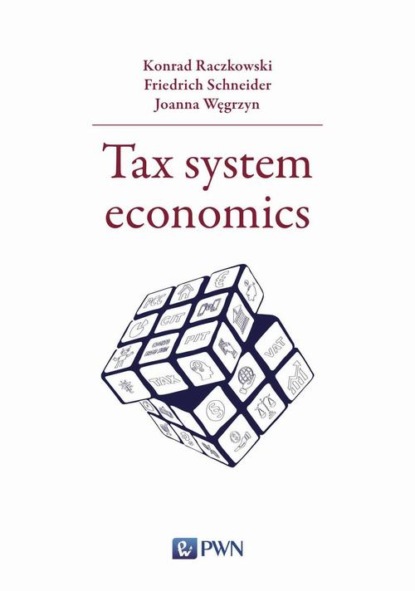Tax system economics
O książce
From a theoretical and practical point of view, we are taking you in this book on an intellectual journey where we will present taxes and the tax system in economic terms. We understand tax system economics as the overall governance of a country’s or integration grouping’s revenues and public expenditure aimed to create a smart economic policy that stimulates economic growth and development, and safeguards against the functional risk to the current and next generations. We present a theoretical tax system model and its reflection in the global economy, or a division of the tax system into productive and non productive fiscal and redistributive functions. We discuss respective types of tax which are of greatest importance to the economy, offering an extensive methodological and systematising study on the economic analysis of the tax system, including an economic analysis of law. Next, we present behavioural economics and its application in the tax system, showing a model of mental accounting relating to the Decision to pay tax according to Richard Thaler. Then, we demonstrate the tax system’s efficiency taking account of social welfare, trust in authorities and the power of the authorities. Last but not least, we try to present, based on research into innovation and tax system of the future, the clash of developed economies with the new reality of developing economies as well as changes facing tax systems in the accelerating process of digitalisation and robotisation.
*** This book could not have been more timely. As countries emerge heavily indebted from the pandemic, many governments will be scrutinizing their tax systems in search of new sources of revenue.
